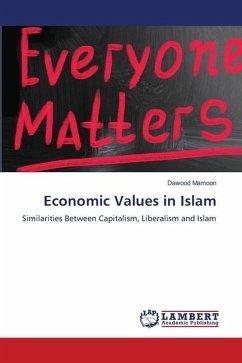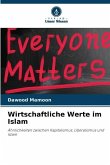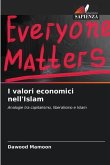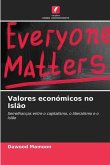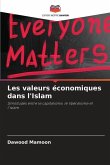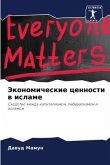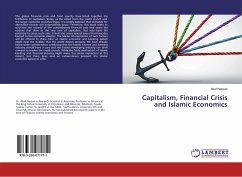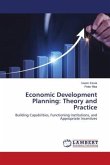There is a difference between Capitalism that defines progress through monetary outcomes and Islamic economics that harness and define human emancipation on wider definitions of progress including values like trust, ethics, culture, and rights. In this context the article explains to its audience why Pakistani Prime Minister Imran Khan refers to the golden era of Islamic caliphate of Umer Bin Khatab who put the foundations of an economic system where human welfare was practiced through universal application of human progress based on economic, social, cultural and ethical emancipation. The paper explains that according to Islamic values monetary asset ownership that is a contract between the government and the people should have application for ethical dispensation and strong welfare purpose rather than driving greed in guise of incentive.
Bitte wählen Sie Ihr Anliegen aus.
Rechnungen
Retourenschein anfordern
Bestellstatus
Storno

